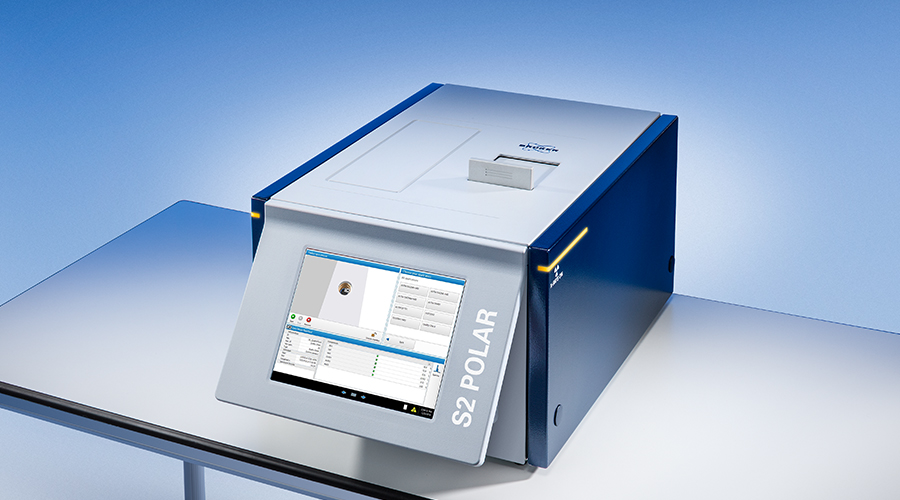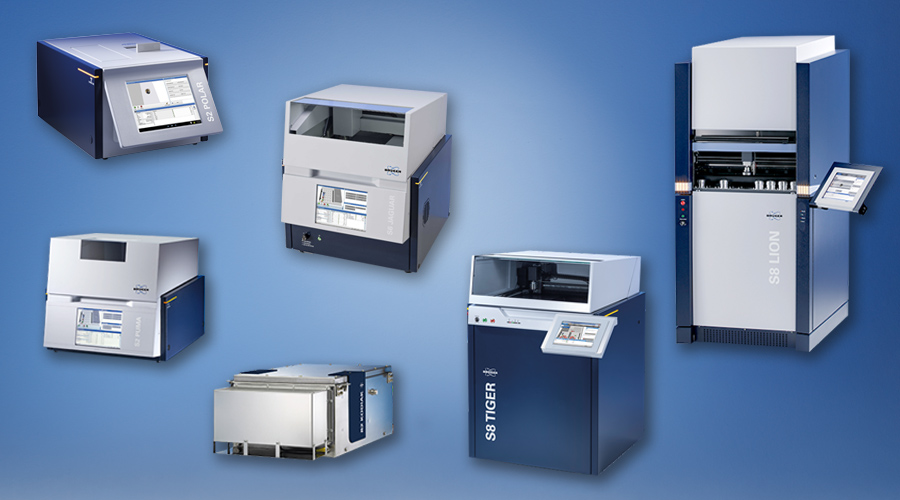Edible Oil Analysis
In process control of edible oil refineries and biofuel refineries, when ease-of-use and short time to result is critical, polarized EDXRF analysis with the S2 POLAR is the method of choice. In such refinery processes, beside Cl and S, P is one of the key elements for proper process control, as phospholipids can have a negative impact at various process steps and on the properties of the final product. In such case, total P is measured to monitor the phospholipids removal accordingly. Other elements of interest such as K, Ca, Fe, Ni, and Cu, can quickly be quantified with the multi-element capability of the S2 POLAR.
Cooking oil is used in large quantities in fast food chains and restaurants. Later the Used Cooking Oil (UCO) is recycled and further used for biofuel production.
In biofuels, elements such as P, S, and Cl must not exceed certain limits that easily can be monitored with the S2 POLAR.
S2 POLAR advantages:
- Quick and simple sample preparation
- Multi-element capability enables quantification of numerous elements in one go
- Reliable results within minutes
- Low cost of ownership
S2 POLAR Edible Oil Analyzer
Specification |
Benefit | |
| Applications | Elemental analysis of all types of vegetable oils, such as soybean, rapeseed, sunflower, peanut, coconut, olive, and palm oil. Elemental analysis of edible oils or cooking oils, as incoming raw material or at different steps of the refining process. Analysis of Used Cooking Oil (UCO). UCO is often recycled and used as raw material for later use in biodiesel. |
Excellent analytical performance for key elements such as P, S, and Cl. Due to the multi-element capability of the S2 POLAR, other elements such as K, Ca, Fe, Ni, Cu can also be analyzed. Also suitable for matrices with higher viscosity |




